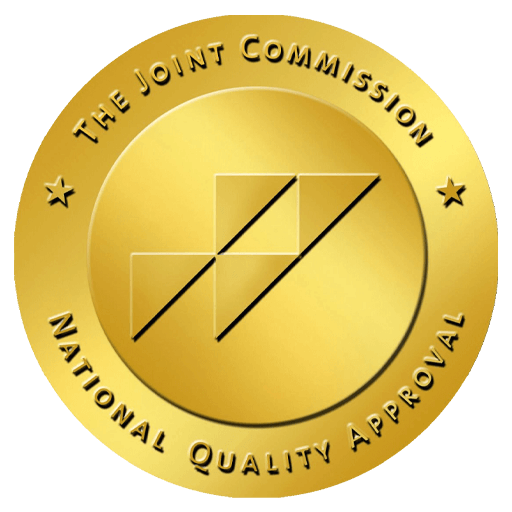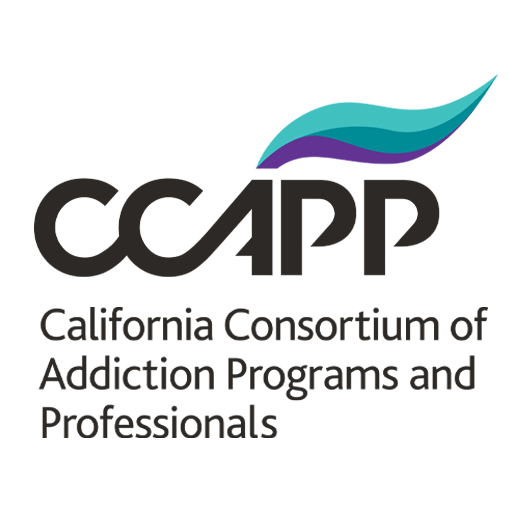What is Failure to Launch Therapy?
Failure to launch therapy is designed to help young adults who are struggling to transition into the responsibilities of adulthood. These individuals often experience difficulties in achieving independence, which can manifest as an inability to leave home, pursue a career, or establish meaningful relationships. This therapy offers structured support and guidance to address these challenges, helping clients build the skills and confidence they need to thrive.
Failure to launch cases are increasingly common, with social and economic factors contributing to this phenomenon. Concerns such as a challenging job market, heightened student debt, and evolving societal norms can impede young adults from establishing their independence. Failure to launch therapy delivers personalized interventions that cater to each individual’s unique circumstances, empowering them to overcome these obstacles and take charge of their future.
Underlying Causes and Challenges
From my two decades as a mental health professional, I’ve seen firsthand how complex the roots of the failure to launch can be. Often, these challenges stem from a combination of psychological, developmental, and environmental factors. For some, anxiety and depression are significant barriers that cloud judgment and stifle motivation. Others might face learning disorders or ADHD, which can complicate task management and executive functioning.
Parental dynamics play a crucial role as well. Well-meaning parents might unintentionally enable dependency by offering excessive support, thereby delaying the development of crucial life skills. Addressing these intricate dynamics is vital in failure to launch therapy, as it encourages both parties to foster a more autonomous relationship.
Personal Experiences in Therapy
At Empower Recovery Center, I’ve guided many young adults through their personal journeys in failure to launch therapy. One case that stands out is Ethan, a 22-year-old who struggled to commit to his college education. Through tailored therapeutic sessions focused on goal-setting and time management, Ethan began to identify his interests and align them with achievable objectives. Witnessing his transformation into a confident young man pursuing his passions was incredibly rewarding.
In another instance, a client named Sarah tackled her deep-seated social anxiety. By gradually introducing her to structured social settings and employing cognitive-behavioral techniques, she developed resilience and self-assurance. Today, Sarah is actively engaged in a vibrant community life and continuously seeks new challenges.
Such successes underscore the profound impact that failure to launch therapy can have, not only in helping clients gain independence but also in enhancing their overall well-being.
Key Components of Effective Therapy
Successful failure to launch therapy incorporates several critical components:
- Personal Development: Helping clients recognize their strengths and interests to boost self-esteem.
- Skill Building: Teaching essential life skills, such as financial literacy, time management, and effective communication.
- Goal Setting: Assisting clients in creating realistic goals and devising actionable steps to achieve them.
- Family Involvement: Engaging family members in the therapeutic process to foster a supportive environment.
These elements are carefully woven into a personalized treatment plan to facilitate sustainable growth and lasting change.
What Qualifies as a Failure to Launch Therapy Emergency?
An emergency in failure to launch therapy typically involves an immediate risk to the client’s safety or well-being, such as severe depression leading to suicidal thoughts or behaviors. Prompt intervention is crucial in these scenarios to ensure the individual receives the necessary support and care.
In such cases, the following steps should be taken:
- Reach out to a mental health professional or crisis hotline for immediate assistance.
- Ensure the client’s environment is safe and remove any potential threats to their safety.
- Consider hospitalization or intensive therapeutic intervention if the situation warrants it.
- Engage family members or trusted individuals to provide additional support and monitoring.
Timely action in these emergencies is imperative for protecting the client and facilitating their recovery process.
Lesser-Known Aspects of Therapy
While goal-setting and skill-building are commonly highlighted, some lesser-known but equally impactful facets of failure to launch therapy include exploring clients’ passions and hobbies. Encouraging creative expression can serve as a catalyst for personal growth, helping individuals tap into innate talents and derive joy and purpose from daily activities.
Moreover, the integration of mindfulness practices can be beneficial. By promoting mindfulness, clients learn to manage stress and anxiety more effectively, improving focus and emotional regulation. These components can significantly enhance the overall therapeutic experience, offering a holistic approach to addressing failure to launch.
At times, embracing unconventional methods, such as adventure therapy or volunteer work, can yield surprising results. Clients often gain confidence and a sense of accomplishment when they step out of their comfort zone and into new, enriching environments.












